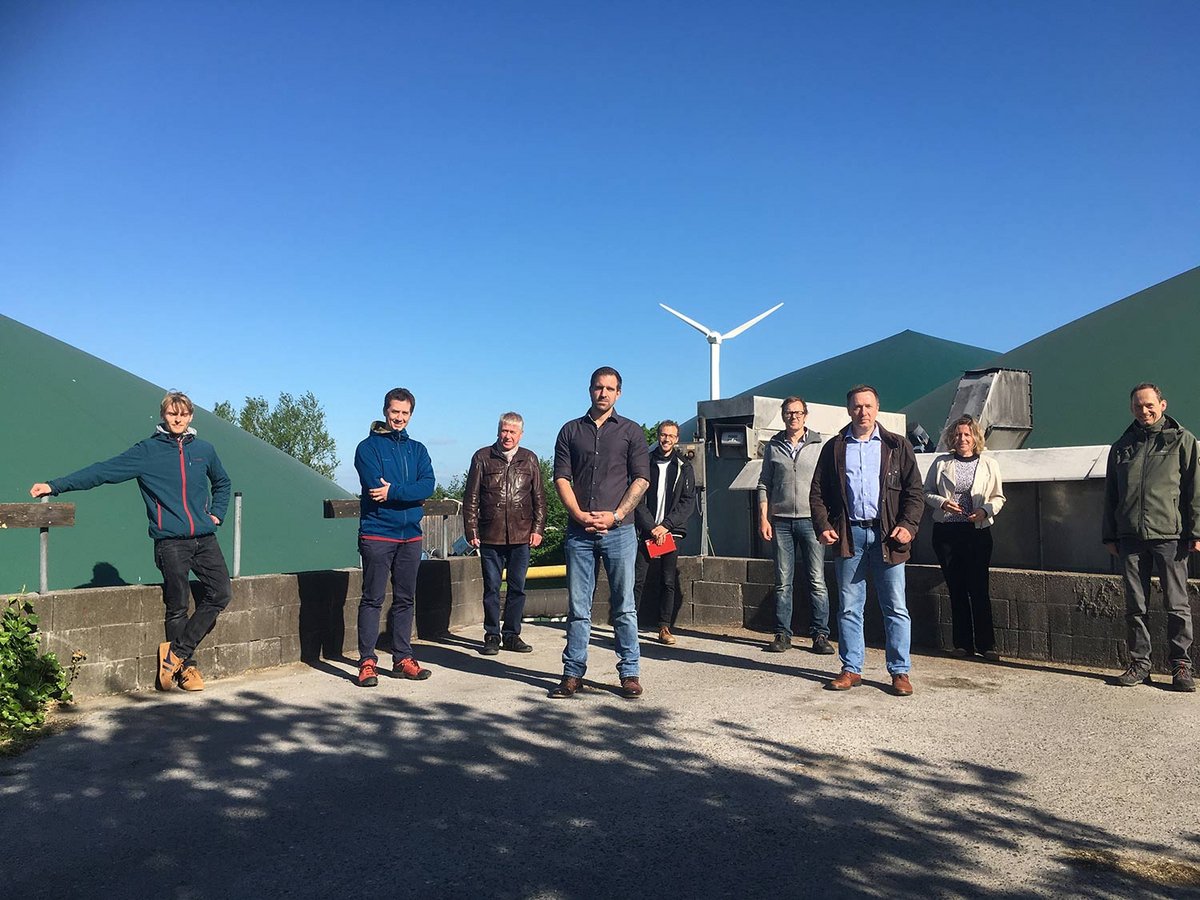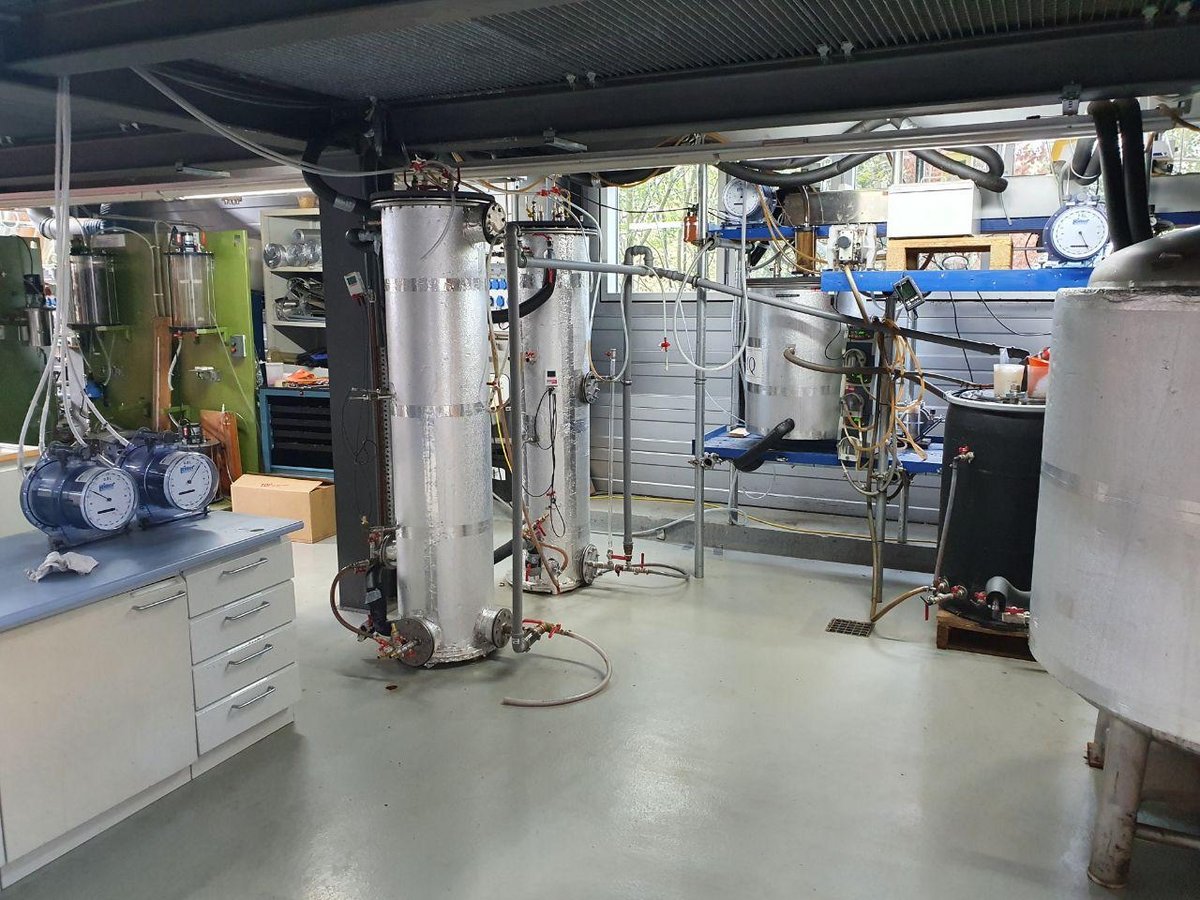Storage of renewable energies and CO2 utilization
The system integration and coupling of the various renewable energy sources, including their storage and transport, represents a decisive challenge for the success of the energy transition. At the same time, wind power, solar and biogas plant operators face the challenge of developing economical post-EEG concepts for existing plants.
Excess energy generates hydrogen
Against this background, the utilization of previously unusable renewable energies (keyword: shutdown of wind power plants in case of oversupply) is an essential research topic in the field of waste management. The regeneratively generated electricity is to be used for the production of hydrogen. This is used to produce methane by reacting with CO2. Using methane as a gaseous energy carrier, fuel or chemical feedstock, the link to other sectors and economic cycles is very well possible. This advances the indirect use of electricity from renewable energy sources and improves its storage or transportability.
Patented technology
With this goal in mind, a so-called triple-bed process for biological methanization is used, which was developed in the FG Waste Management and has already been patented. The main advantages are the high product gas quality with low own energy consumption and the high process stability, controllability and flexibility with respect to the given fluctuating boundary conditions. At the same time, the technological solution is directly linked to the reduction of greenhouse gas emissions. Therefore, the utilization of CO2 is of outstanding importance, as it directly serves as a C-source for the production of the energy carrier methane. It is possible to speak of a real CO2 circular economy.
As a result of the technological developments and optimization of the triple-bed process in recent years at the department, the integration into the energy network of wind power plants, emission-intensive industrial processes, biogas/biomethane plants or mechanical-biological waste treatment plants for methane feed-in and further transmission in the natural gas grid is aimed at.
Strong cooperations
In cooperation with GICON GmbH, the design and scale-up to application-oriented concepts for various locations is currently being carried out.
Specifically, a feasibility study is being conducted for the "Demand-based storage of fluctuating renewable (wind) energy by integrating biological methanization in the triple-bed process in the energy network in Schleswig-Holstein" (WeMetBio project) to determine an efficient and economical concept involving selected project sites.
This study represents the preliminary stage and preparation of a pilot plant for testing this bioenergy-based solution as a building block of rural energy supply. The project partner is Flensburg University of Applied Sciences, which, in addition to its local connection in the "Windland Schleswig-Holstein", contributes the necessary technical expertise in the field of sustainable bioenergy and system integration.
Fachkontakt
Pressekontakt
Stabsstelle Kommunikation und Marketing
T +49 (0) 355 69-2115
kathrin.schluessler(at)b-tu.de


